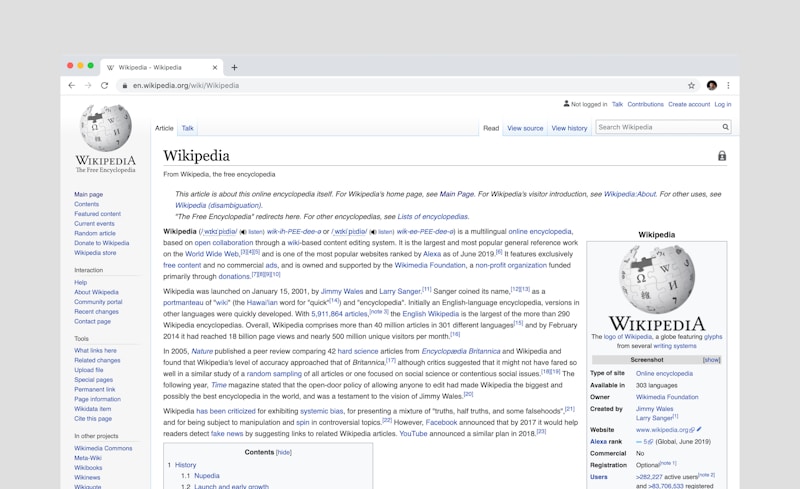Unlocking the Secrets of Collecting Guest Information: Address and Details
In today’s digital age, collecting guest information such as addresses and other personal details is crucial for businesses, especially those in the hospitality and event planning sectors. Understanding how to gather and manage this information effectively can enhance customer experiences, streamline communications, and ultimately drive sales. This article will dive deep into the strategies, tools, and best practices for collecting guest information efficiently while ensuring compliance with privacy regulations.
Why Collect Guest Information?
Collecting guest information is essential for several reasons:
- Personalized Marketing: Tailoring marketing messages to specific audiences based on their preferences.
- Efficient Communication: Ensuring timely updates and reminders about bookings or events.
- Enhanced Customer Experience: Offering personalized services that meet guests’ needs and exceed their expectations.
- Booking and Event Management: Streamlining the check-in process and managing guest lists effectively.
Best Practices for Collecting Guest Information
When it comes to collecting addresses and other details from guests, implementing the right strategies is crucial. Below are some of the best practices to consider:
| Strategy | Description |
| Online Forms | Utilize user-friendly online forms for guests to fill out their information during registration or booking. |
| Email Campaigns | Send tailored email campaigns that encourage guests to provide their information for exclusive offers. |
| In-Person Collection | Gather guest information during check-in or event registration, ensuring staff are trained to communicate the importance of this information. |
Creating Effective Online Forms
An essential method for collecting guest information is through online forms. Here are the elements to include:
- Simple Layout: Keep the layout straightforward to enhance user experience.
- Mandatory Fields: Mark fields like name, email, and address as required to ensure you gather essential information.
- Privacy Policy: Include a link to your privacy policy to reassure guests that their information is secure.
- Mobile Optimization: Ensure your forms are optimized for mobile devices, as many users will access them via smartphones.
Legal Considerations in Collecting Guest Information
When collecting guest information, it is crucial to understand the legal landscape surrounding data privacy. Organizations must comply with regulations such as GDPR in Europe or CCPA in California. Here are some steps to ensure compliance:
- Informed Consent: Always ask for consent before collecting personal data. Provide clear information about how you'll use their data.
- Secure Storage: Implement security measures to protect stored information, including encryption and access controls.
- Data Retention Policies: Establish policies for how long you will keep data and how it will be deleted once it’s no longer needed.
Tools for Collecting Guest Information
Utilizing the right tools can greatly simplify the process of collecting and managing guest information. Here are some popular tools:
- CRM Software: Platforms like Salesforce or HubSpot can help track guest interactions and maintain comprehensive profiles.
- Email Marketing Tools: Services such as Mailchimp can assist in gathering information through targeted campaigns.
- Survey Tools: Using platforms like SurveyMonkey can help collect feedback and additional information from guests post-event.
Common Questions About Collecting Guest Information
As you embark on the journey of collecting guest information, you may encounter several commonly asked questions:
- What kind of information should I collect? Beyond the basics (name, email, address), consider collecting preferences, dietary restrictions, and feedback.
- How can I encourage guests to provide their information? Offer incentives such as discounts or exclusive content to entice guests.
- What should I do with outdated guest information? Regularly update your database and remove any obsolete information that could clutter your records.

Utilizing technology can significantly simplify the guest information collection process. Be sure to engage guests effectively and explain why their information is valuable. Remember, clear communication fosters trust, which is essential for encouraging guests to share their details.
Conclusion
In summary, collecting guest information—including addresses and other personal details—is vital for businesses aiming to elevate customer experiences and enhance operational effectiveness. By adhering to best practices, leveraging technology, and ensuring compliance with privacy regulations, organizations can successfully gather and utilize guest information responsibly. As you proceed, always prioritize guests' trust and security by clearly communicating how their information will contribute to a personalized experience. Staying informed and adaptive will serve your organization well in this ever-evolving landscape.
Note: It is essential to stay updated on local and international laws regarding data protection as they can affect how you collect and manage guest information. Implementing a robust privacy policy not only strengthens trust but also aligns your practices with legal requirements.